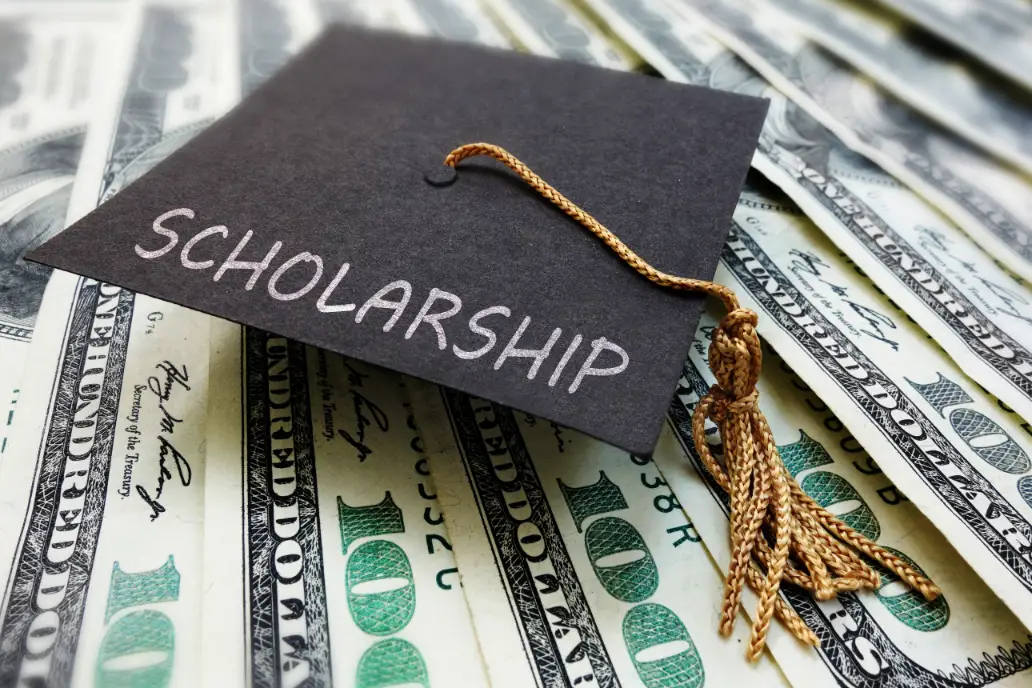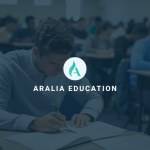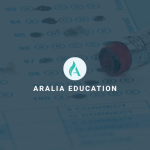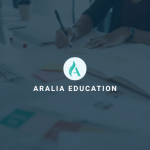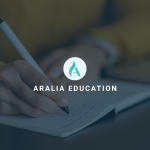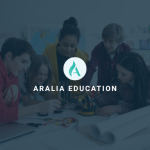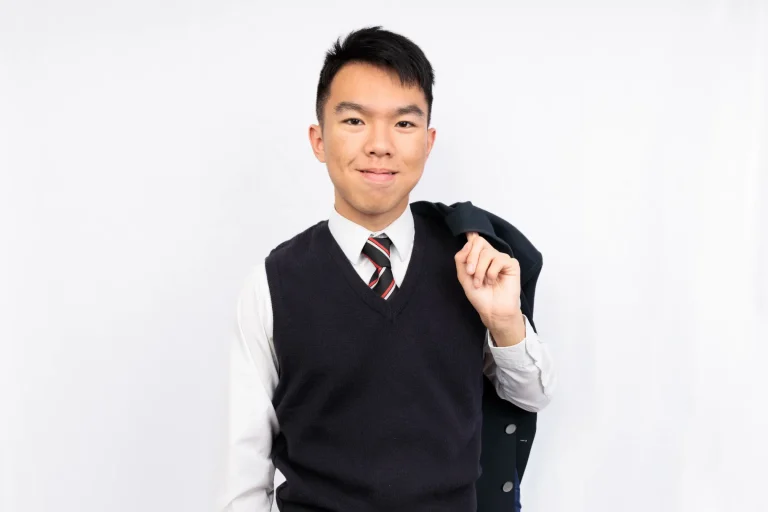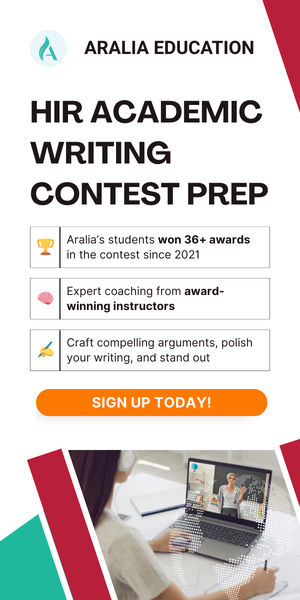Aralia Connects Expert Teachers with Students
1. What is the Coca-Cola Scholars Program Scholarship?
The Coca-Cola Scholars program is a competitive and highly regarded scholarship awarded to 150 outstanding high school seniors nationwide every year. The achievement-based scholarship was founded to recognize students for their leadership and service.
What do the Coca-Cola Scholars receive?
150 Coca-Cola Scholars are awarded $20,000 scholarships. In addition to this generous financial support, Scholars become part of a lifelong network of over 7,050 alumni worldwide, including leaders, entrepreneurs, changemakers, and innovators. This network is invaluable for personal and professional growth, connecting you to some of the brightest minds across various fields. Over 37 years, the Foundation has provided more than $87 million in scholarships to students.
The Coca-Cola Scholars Foundation doesn’t stop at awarding scholarships; it values maintaining strong relationships with its Scholars long after college. The Foundation hosts frequent receptions nationwide and invites Scholars to return to Atlanta every five years for a Leadership Summit. This event allows Scholars to engage in interactive alumni-developed sessions, further strengthening the program’s sense of community and leadership development.
The Coca-Cola Scholars Program has empowered thousands of students to become CEOs, nonprofit founders, professors, and more. Notable alumni include:
- Michelle Wu, mayor of Boston
- Ben Sasse, U.S. senator from Nebraska
How can I use the scholarship?
The scholarship is unique because winners have up to 10 years to use the full award amount. They can even delay using all or part of the money during that time.
The scholarship can be used for more than just tuition at a college or university. It can also help cover other school-related costs, like on-campus housing, buying a computer, or getting textbooks, provided the Foundation approves those expenses.
2. Who can apply for the Coca-Cola Scholarship?
For the 2026 program scholarship, applicants must be currently enrolled senior high school or home-schooled students attending school in the United States, the District of Columbia, Puerto Rico, or select Department of Defense schools who will graduate high school and plan to pursue a degree at an accredited U.S. post-secondary institution. The scholarship is only for students who are U.S. citizens, U.S. nationals, U.S. permanent residents, refugees, asylees, Cuban-Haitian entrants, or humanitarian parolees. All students must have a minimum overall unweighted B grade or 3.0 GPA.
International students or U.S. citizens attending an expat or American school abroad are not eligible for this scholarship.
3. Coca-Cola Scholarship Deadline
The 2026 application period will begin on August 1, 2025, and end at 6 PM on September 30, 2025.
4. How many people apply for the Coca-Cola Scholarship?
More than 105,000 students apply for the Coca-Cola Scholarship each year. Out of this large and competitive applicant pool, only 150 students are ultimately selected as Coca-Cola Scholars, making the acceptance rate less than 0.1%. This makes it one of the most selective and prestigious scholarships in the United States.
5. Coca-Cola Scholarship application process
- Initial application (August–September): The first round of the application process is straightforward, as students don’t have to submit essays, transcripts, or recommendations. You only need to submit biographical information and list your school and community activities as well as academic and employment information.
- Semifinalist phase (November–December): After the deadline, the scholarship committee reviews the applications and selects 1,200 applicants to proceed to the next stage as semifinalists. If chosen, students will complete a second application with essays, a transcript, and a recommendation.
- Regional finalists phase (January–February): The Program Reading Committee, which consists of 30 education professionals, will review applications in 10 teams of 3. Each team reads applications from one region of the U.S., and 25 semifinalists from each Selection District will be chosen as Regional Finalists. Then, 250 Regional Finalists will participate in virtual 20-minute Regional Interviews with a team of 3-4 Coca-Cola Scholars Foundation Staff and Program Alumni.
- Scholar selection (March): The Program Reading Committee will select 15 Regional Finalists to become the next Coca-Cola Scholars. Chosen students are then invited to attend Scholars Weekend in Atlanta, Georgia.
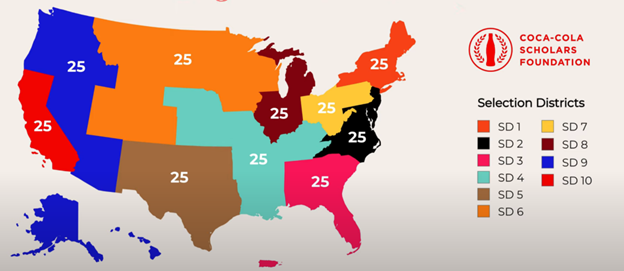
6. What does the Foundation look for in an outstanding candidate?
Coca-Cola Scholars are exceptional young leaders who excel both academically and in community involvement. They are curious, service-driven, and demonstrate a long-term dedication to positively impact their schools and communities.
The foundation looks for students with leadership capabilities, so experience as a club president or initiative founder will help make your application stand out. Maintaining a high GPA in challenging coursework like honor or AP courses will show intellectual curiosity and the drive for learning. Students should also highlight civic involvement by demonstrating their commitment to helping others through volunteerism or community projects. What makes students stand out from other applicants the most is their character and passion. Since only 0.1% of applications are ultimately selected, students must show initiative and a clear sense of purpose in their goals for college and the future.
Want to Improve Your GPA in Middle School and High School?
7. 2025 Coca-Cola Scholars Analysis
While the 2025 Scholars comprise 150 different individuals, a handful of high schools stand out for producing multiple awardees:
- Canyon Crest Academy (San Diego, CA): 3 scholars
- Walter Payton College Preparatory High School (Chicago, IL): 2 scholars
- BASIS Scottsdale (Scottsdale, AZ): 2 scholars
- Pine Crest School (Ft Lauderdale, FL): 2 scholars
- Lambert High School (Suwanee, GA): 2 scholars
The 2025 cohort reflects diversity in background, geography, and educational pathways. Scholars hail from nearly every region of the country, though several states feature more prominently due to their large populations and well-established educational systems, such as California (15 scholars) and Illinois (9 scholars). Scholars come from public, charter, and private schools, and a notable number attend STEM-focused institutions. Despite some geographic clusters, they span urban, suburban, and rural areas, reflecting the program’s emphasis on diversity and accessibility.

